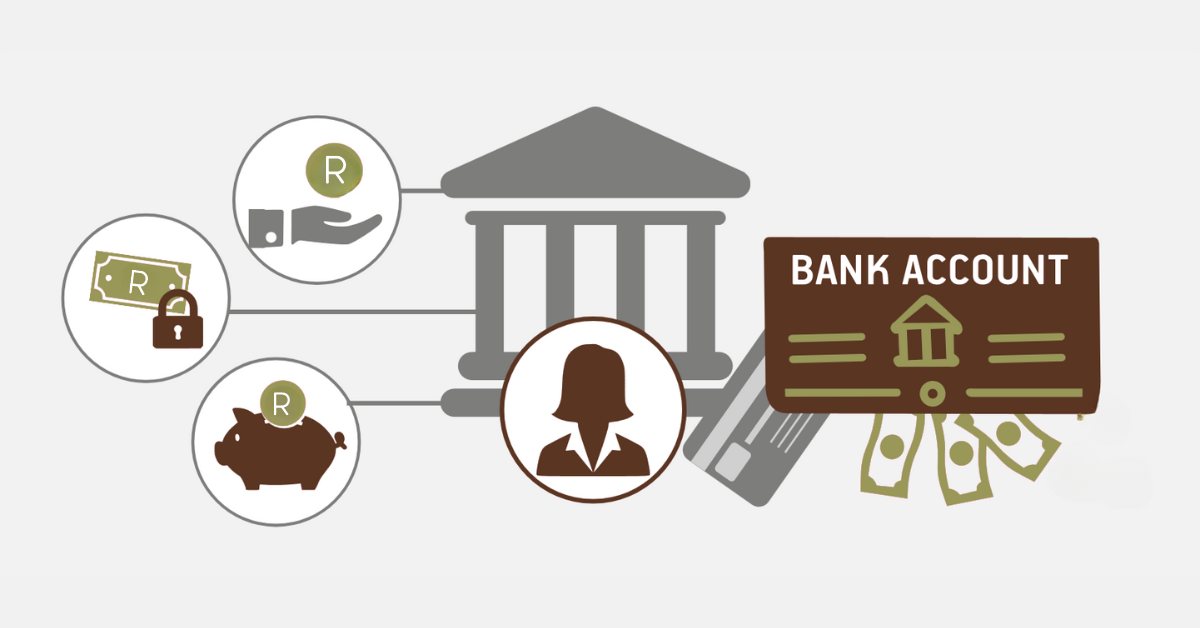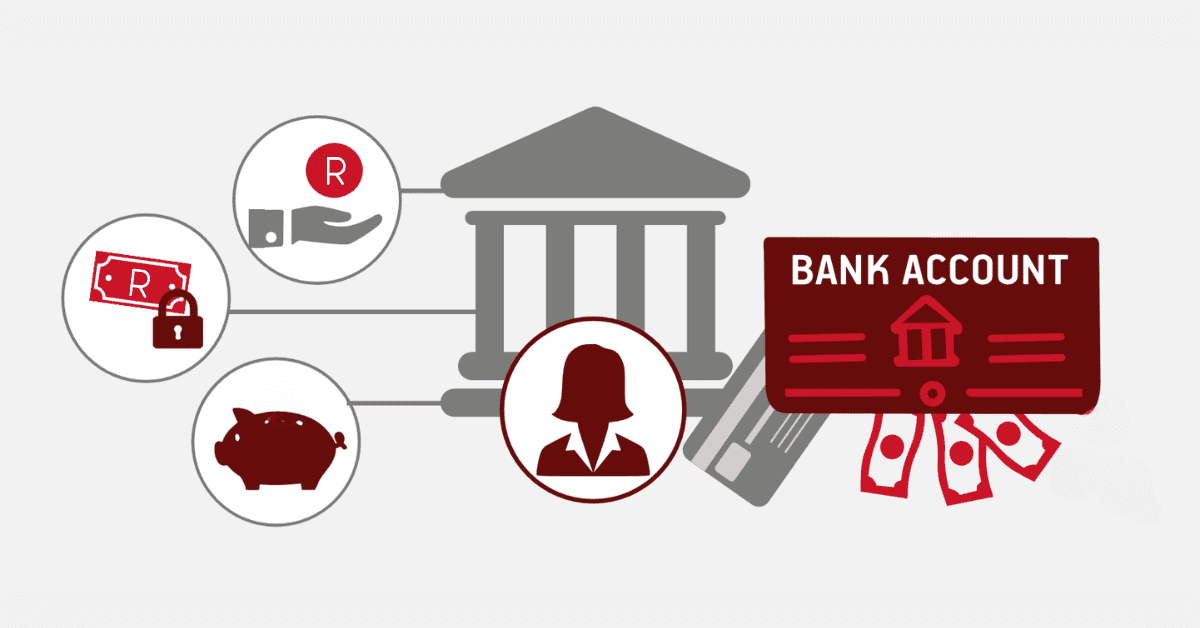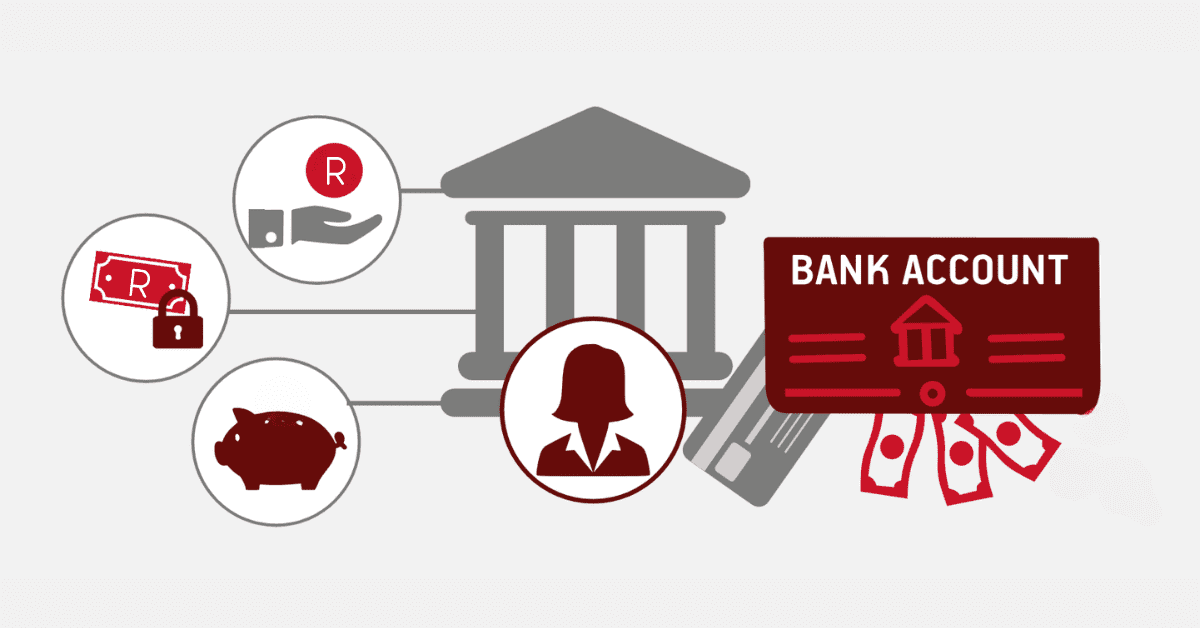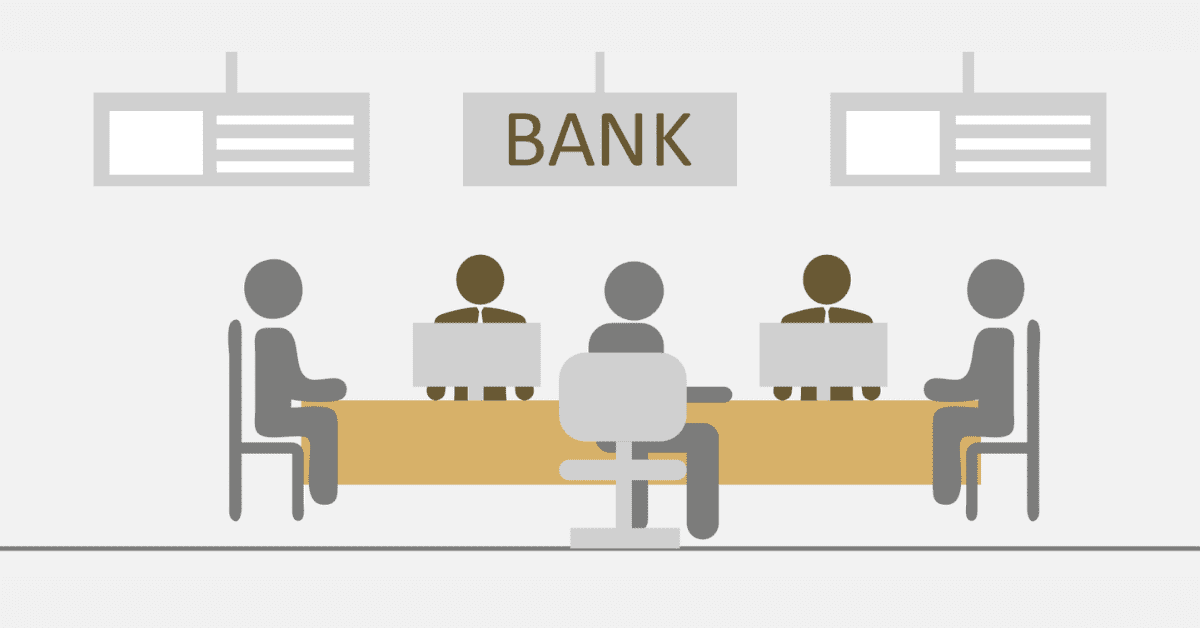Effective management of bank transactions in South Africa forms the basis for individual and business activities. Universal branch codes are some of the most vital components that can make banking operations smooth. These codes facilitate the accurate transfer of funds from one bank account to another, increasing dependability and speed in financial transactions. The article will detail the meaning of a universal branch code, its importance, and how the conventional one differs from a universal one. We will also comprehensively list some of the universal branch codes that most central banks have in South Africa to guide you in easily navigating your bank needs.
Universal Branch Codes for South African Banks
A universal branch code in South Africa is a six-digit alphanumeric code assigned to banks for the identification process during transactions to make interbank transactions easier. Unlike traditional branch codes, which differ among branches in the same bank, universal branch codes are similar across all branches. This makes it much easier to transfer funds and reduces errors. Listed below are the universal branch codes of different banks in South Africa and their importance in the banking system.
Importance of Universal Branch Codes
Universal bank branch codes make every transaction accurate, swift, and easy to fill. They avoid confusion by using different codes for the various branches of the same bank. Thus, with a universal code, customers are given assurance that their transactions will be processed adequately, irrespective of which bank branch they deal with.
List of Universal Branch Codes
Here is an extensive rundown of universal branch codes for major banks in South Africa:
- Absa Bank: 632 005
- Capitec Bank: 470 010
- First National Bank (FNB): 250 655
- Investec Bank: 580 105
- Nedbank: 198 765
- Standard Bank: 051 001
- African Bank: 430 000
- Mercantile Bank: 450 905
- TymeBank: 678 910
- Bidvest Bank: 679 000
- Sasfin Bank: 683 000
- Bank of Athens: 410 506
- RMB Private Bank: 222 026
- South African Post Bank (Post Office): 460 005
- Hollard Bank: 585 001
- Discovery Bank: 679 000
- Standard Chartered Bank: 730 020
- Barclays Bank: 590 000
- Investec Bank Limited: 580 105
- Mercantile Bank Limited: 450 905
How to Use Universal Branch Codes
Making use of universal branch codes is pretty simple. To successfully pay or transfer cash to someone, you must provide the recipient’s financial details. These particulars include the recipient’s identity, account number, and the universal branch code of the finance company. This information ensures that your transaction gets correctly routed to the right institution for processing without errors.
Benefits of Universal Branch Codes
- ADVERTISEMENT -
- Simplified Transactions: Universal branch codes, in this regard, would make making any payments or transferring funds much easier for customers when conducting their banking activities.
- Reduced errors: Chances of errors at transaction processing will be reduced as the branches of a bank will have a standard code.
- Convenience: Customers no longer need to remember different codes for other branches.
Branch Code vs. Universal Branch Code
In the past, every bank’s branch has been provided with a unique code. Most of the time, the system is used to create problems and mistakes as many customers use it to deal with different banks or branches of the same bank. The universal branch code has resolved this problem by providing a unique code applicable to all banks’ branches.
Traditional Branch Codes
Traditional branch codes are specific to every branch of any given bank. This system is, in fact, good for identifying a particular branch of the bank. Still, simultaneously, it becomes lengthy and tiresome for the customer to remember different codes for different branches.
Universal Branch Codes
In contrast, universal branch codes are uniform for all bank branches. This uniformity makes transactions easy to conduct and minimizes the risks of mistakes. The technique of universal branch codes holds particular relevance today in this digitized world with online and mobile banking transactions.
Comparison
- Simplicity: Unlike traditional branch codes, the universal branch digits are straightforward to use and remember.
- Efficiency: The processing time taken by universal branch code transactions is reduced, and delays and errors are minimized.
- Customer Convenience: The universal branch code enhances the user-friendliness of this banking experience.
Final Thoughts
The universal branch codes have eased payment processes and money transfers in South Africa. As a consistent way to identify banks, these digits reduce errors, improving the efficiency of financial transactions. But knowing how to use these branch digits, about consumer experience, allows for smoother, more convenient banking.
As a result, be it a businessman or an individual, knowledge of the universal branch codes of your bank can simplify many banking operations. We hope this article provided valuable insight into the necessity of universal branch codes and how they benefit the South African banking system. So, use the universality of the branch codes to your advantage and make hassle-free banking. Never consider them an optional element if you’re after customer convenience, efficiency in banking transactions, and simplicity features.




